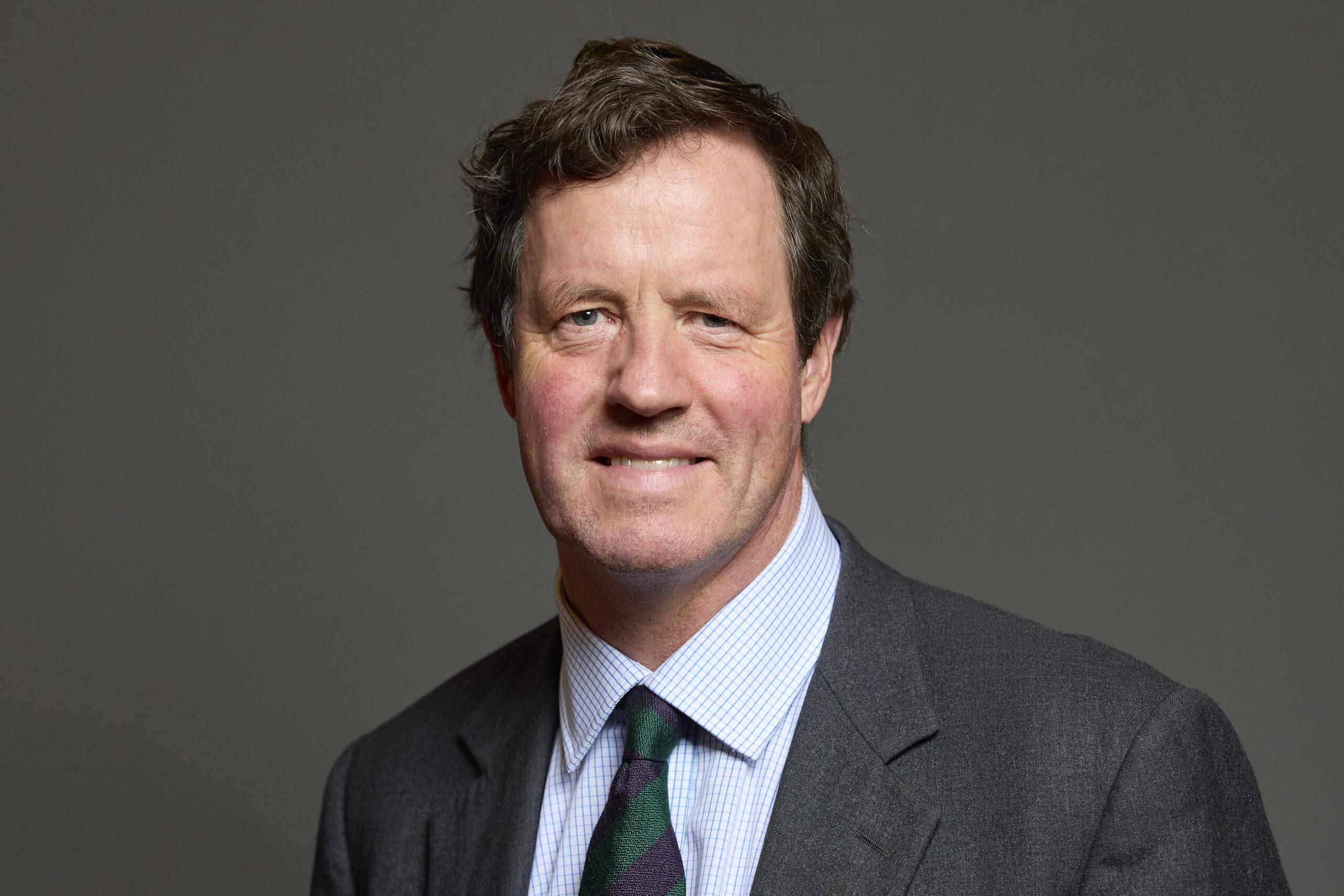The world is undergoing a monumental shift, similar to the transformative impact of mobile phones, the internet, and the combustion engine. Today, this change is the transition from fossil fuels to renewable energy. Billions of pounds are being generated, thousands of jobs created, and affordable electricity is flowing into the grid. However, just as in the 1970s, when North Sea oil shaped the fortunes of Britain and Norway in starkly different ways, the renewable energy boom now poses a crucial question: who truly benefits from this new wealth?
Norway prudently saved its oil windfall, and its Sovereign Wealth Fund now stands at an astonishing $1.7 trillion. In contrast, Britain spent its oil revenue without securing long-term prosperity. We are now at a similar crossroads with the renewable energy sector, which is largely dominated by overseas companies. The turbines, solar panels, and hydro schemes that generate this wealth are often owned by foreign corporations, while the communities hosting these projects bear the brunt of the visual and environmental impact.
It is these rural areas—particularly in the Highlands and Islands of Scotland, the Scottish Borders, Wales, Cumbria, and the West Country—where the consequences are most keenly felt. Many people in these regions live with the sight of towering 200m-high wind turbines and vast fields of solar panels. They face higher electricity connection fees, are often off the gas grid, and rely on expensive heating oil delivered by tankers. Despite being close to these renewable energy projects, they suffer from some of the highest levels of fuel poverty, lower wages, and a lack of affordable housing. The irony is stark: rural areas are hosting the infrastructure that powers the nation, yet their residents see little financial benefit.
We cannot expect rural communities to bear the costs of industrialising their countryside without offering them a fair share of the profits. As we push towards net zero, we must take these communities with us. A 2023 survey by Octopus Energy revealed that 87% of people would support a turbine in their community if it meant lower bills. The willingness is there, but the financial mechanisms to ensure fairness are lacking.
I have spoken with electricity generators, Ofgem, government ministers, and stakeholders across political parties, and there is broad consensus: rural communities, particularly those most affected by renewable energy projects, deserve a fair share of the wealth being generated.
The Great British Energy Bill, currently making its way through Parliament, provides a crucial opportunity to address this. Yet, incredibly, the Bill includes no mention of community ownership of renewable projects or community benefits. That is why I have drafted an amendment, submitted by the Liberal Democrat energy spokesperson Pippa Heylings, calling for local communities to benefit directly from low-carbon and renewable energy projects in their area.
The financial proposal I have put forward is straightforward: 5% of revenue from all newly consented renewable energy projects, both onshore and offshore, should be paid into community benefit funds. For onshore projects, two-thirds of this should go to the affected council ward, with one-third going to a strategic fund for broader community initiatives. Offshore projects would contribute their entire 5% to these strategic funds.
This money can be transformative. It could help local people alleviate fuel poverty, perhaps through energy vouchers for those earning below the UK median household income. It could support the building of affordable housing and provide much-needed investment into local care services. Currently, the Highlands receive around £9.1 million in community benefits from renewable projects, but the potential is much greater. If we include all forms of renewable energy, increase the community benefit to 5%, and double renewable energy capacity by 2030, we could see over £50 million flowing annually into rural Highland communities. Across the UK, this could mean £500 million per year—£5 billion over a decade—of real, meaningful investment in rural areas.
We need only look abroad to see what’s possible. In Denmark, new renewable projects must offer at least 20% ownership to local residents. In Germany, a local tax on renewables has generated millions for municipalities. Surely, it is time for the UK to ensure that rural communities powering the country’s green revolution receive their fair share of the wealth.
Now is the time to address one of our great injustices: that the poorest people, providing much of the nation’s energy, face the highest levels of fuel poverty and the highest electricity bills while enduring the industrialisation of their countryside. The solution is clear—let’s make it happen.


